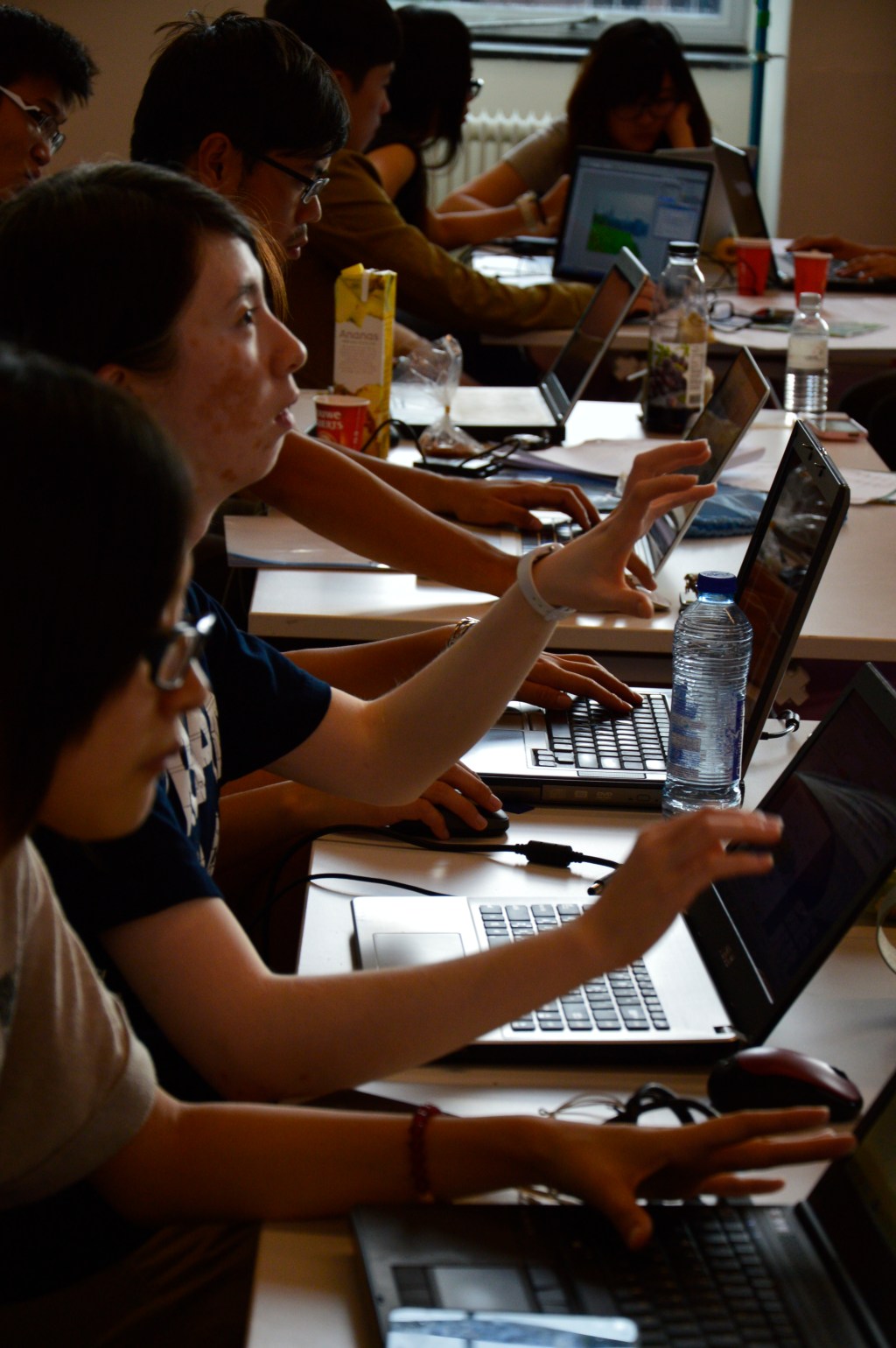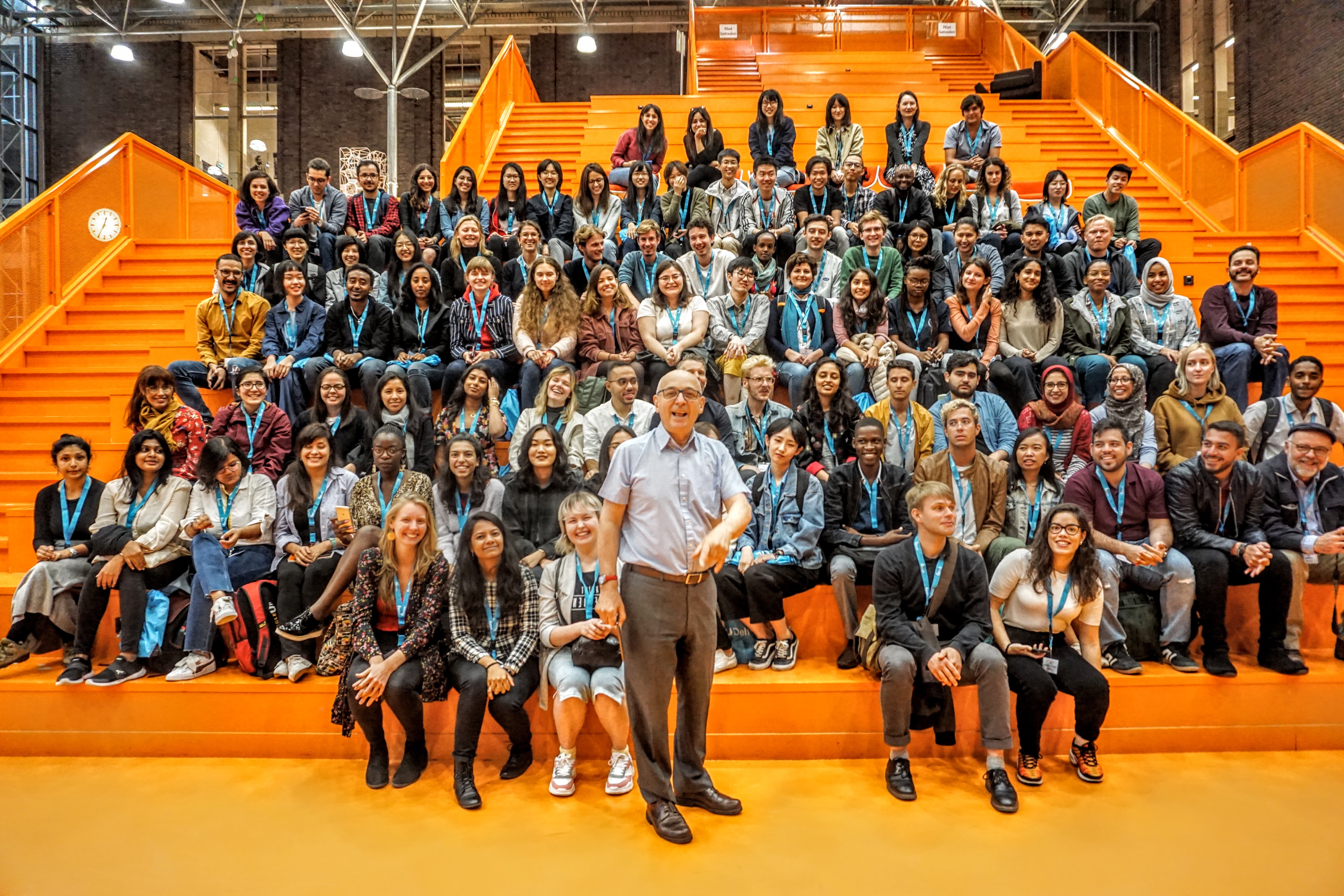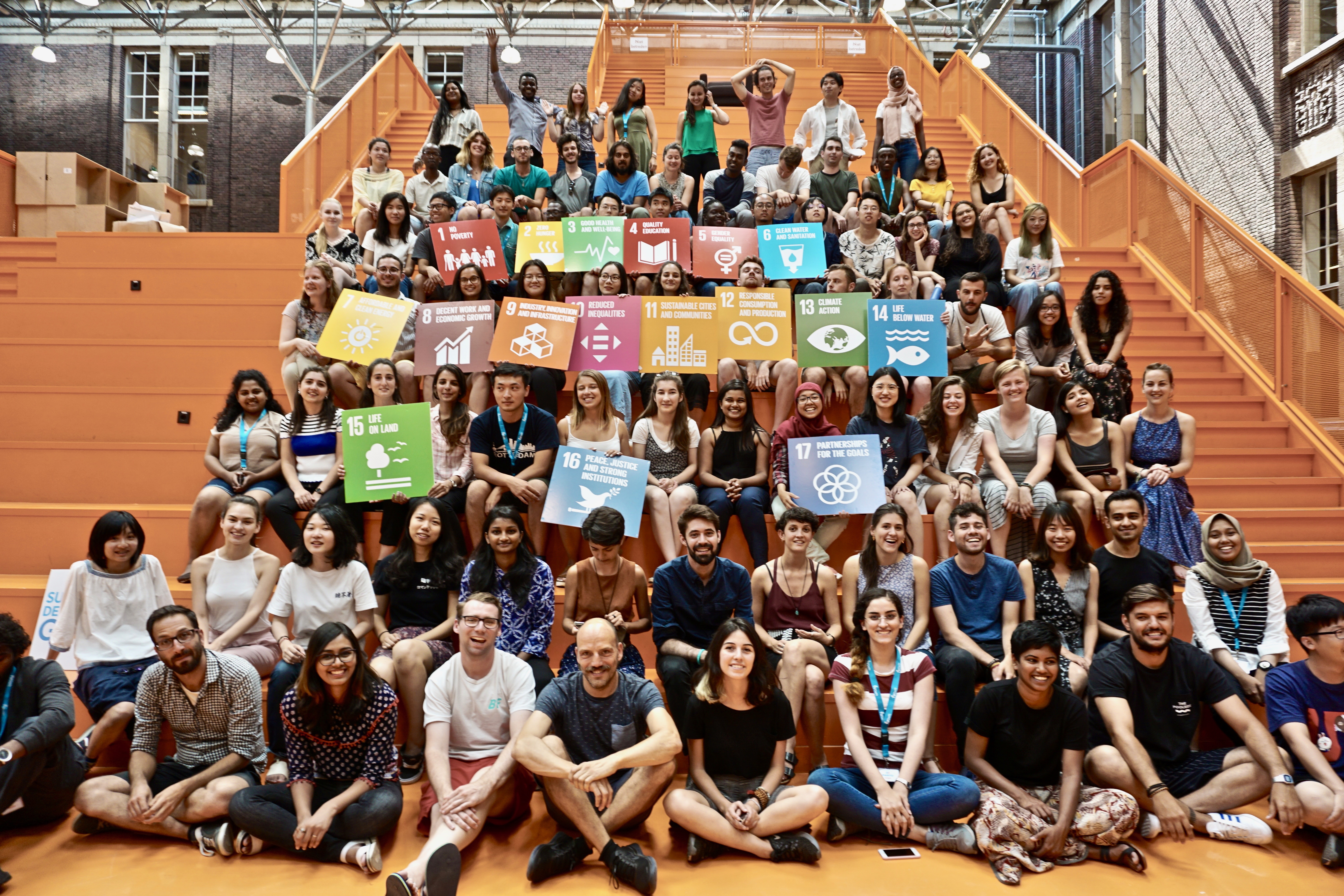
Ahead of your arrival, we ask you to prepare for the Summer School by performing two tasks.
1. SPATIAL PLANNING ICON.
You need to explain ONE SPATIAL PLANNING ICON in YOUR OWN COUNTRY in 3 slides in 3 minutes (1 minute per slide) in terms of social, economic and environmental sustainability. You need to read document number 1 to understand what we mean by “Spatial Planning Icon”. Please, prepare an image of a planning icon to show.
This is a VERY SHORT EXERCISE. Remember you will have only 3 minutes to explain. (At TU Delft, we take short presentations very seriously, so you will not have extra time!).
You will present this to your colleagues. During the presentations, there will be guided questions:
- Why is this a planning icon? [please note this exercise is not about architectural design].
- Why is this project/ actkion/ policy socially sustainable?
- Does this icon of planning promote distribution, recognition or fair process [see the definition of spatial justice]?
- What are public goods created/ sustained?
2. READ The document “DELIVERING JUSTICE IN SUSTAINABILITY TRANSITIONS”
You must read the document “Delivering Justice in Sustainability Transitions” by the the European Environment Agency.
3. WATCH A SHORT MOVIE
You also need to watch: A simple introduction to the Dutch Delta (the context where we will work) at: https://www.youtube.com/watch?v=lcBHIztx2Gw
4. BOOKLETS
SUGGESTION: There is a series of 7 BOOKLETS that we advise you to read. They are available HERE.
Each booklet is thematic (it addresses one specific theme in spatial planning) and addresses an important issue of spatial planning and design as we teach them at TU Delft. This is the same material our students get at their master’s 2 course in our methodology course.
5. PAPERS
In the folder SPATIAL JUSTICE contained HERE, you will find papers about sustainability, justice, transition sustainability, and much more. YOU DO NOT HAVE TO READ ALL THOSE PAPERS. Our suggestion is: find two or three papers that REALLY interest you and read them in detail, making notes on the side, thinking about the new concepts you find, and thinking about the new ideas you read about.
Reading is the key to personal and intellectual development, but there is a special way to read in a thoughtful manner, by making notes, drawings, schemes, diagrams, by writing down ideas (and also your own ideas!), by Googling the concepts, by looking terms up in the dictionary or even in Wikipedia (remember Wikipedia is not an academic source, but many articles are not bad).
Please see the website of the Centre for the Just City for a very complete overview of the literature on spatial justice.
6. OECD Territorial Review: The RANDSTAD
The Randstad, comprising the Netherlands’ largest cities: Amsterdam, Rotterdam, The Hague, and Utrecht, significantly influences the Dutch economy, generating nearly half the national GDP. It functions as a polycentric metropolitan region rather than a single cohesive entity, facing challenges of low productivity growth despite high incomes and employment. Key issues include congestion, inadequate housing supply, insufficient integration of the regional labour market, and governance fragmentation across municipalities. Recommended strategies involve improving transportation infrastructure, increasing housing market flexibility, leveraging knowledge infrastructures, enhancing labour market integration for ethnic minorities, and strengthening governance frameworks to address economic, spatial, and social challenges effectively.
In this OECD REPORT, you can learn about this region of the Netherlands, one of the most innovative polycentric urban regions in the world (and where Delft is located).
The Organisation for Economic Co-operation and Development (OECD) is a unique forum where the governments of 30 democracies work together to address the economic, social and environmental challenges of globalisation. The OECD is also at the forefront of efforts to understand and to help governments respond to new developments and concerns, such as corporate governance, the information economy and the challenges of an ageing population.

